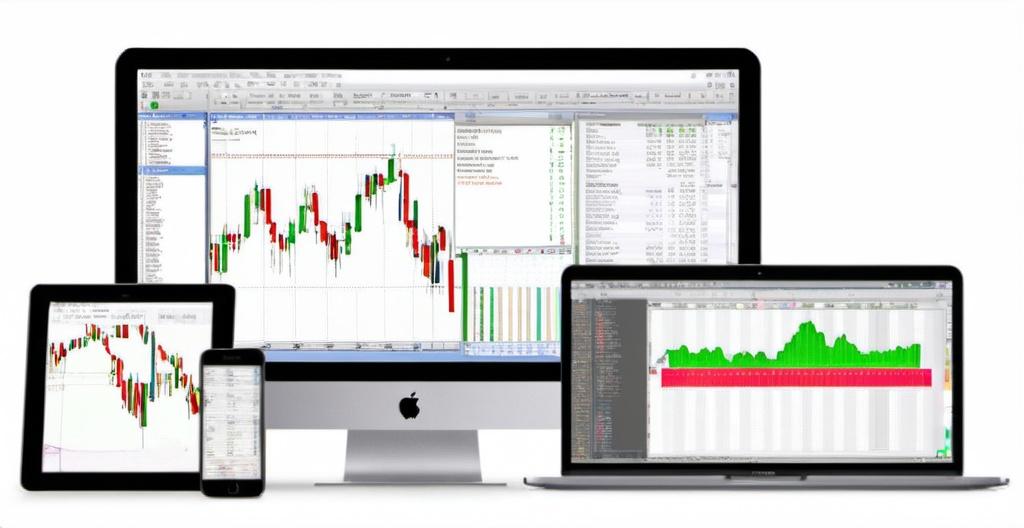Trading Signals
Trading signals are marketed as shortcuts to success—alerts that tell you when to buy or sell without the need to spend hours studying charts. For newcomers, that can sound like the perfect solution. Why struggle with technical indicators or risk management when someone else can “do the work” and deliver ready-made trades?
That promise is exactly what makes signals such a magnet for scams. The industry around trading signals is filled with providers offering impossible win rates, guaranteed profits, and secret strategies. Many traders sign up expecting consistent success but find themselves losing money faster than if they had traded on their own.

The Reality Behind the Marketing
Most signals are unregulated products. Anyone can create a Telegram group or a website and begin charging fees for alerts without proving expertise or results. Scammers exploit this freedom by promoting fabricated performance data and pressuring traders into depositing with offshore brokers that pay them commissions. Once traders commit funds, the quality of the signals quickly drops, leaving them frustrated and financially exposed.
A blunt warning comes from Binaryoptionssignals which highlights the state of the industry:
“The harsh truth is that most trading signal services are scams, designed to profit from subscriptions and broker kickbacks rather than from delivering real, reliable analysis.”
That statement reflects what many traders discover the hard way—that signals are often just another revenue stream for untrustworthy operators.
Why Traders Fall for It
The primary victims are beginners who don’t yet know how to evaluate market information or strategies. They see screenshots of huge profits, social media testimonials, and urgent sales tactics. The promise of quick wins often overshadows the reality that every trade carries risk. Instead of learning the skills required to succeed, new traders outsource decisions to unverified providers and end up paying for advice that rarely works.
Using Signals Safely
Not every signal provider is fraudulent, but even the legitimate ones should be treated as educational tools rather than guaranteed profit machines. Traders who use signals wisely treat them as a secondary opinion or as examples to learn from, while still relying on their own analysis and risk management.
Final Thoughts
Trading signals are one of the most common traps in the retail trading world. The idea sounds appealing, but the reality is that scams dominate the space, leaving most traders worse off than before. Approaching signals with skepticism and understanding that there are no shortcuts is the only way to avoid falling victim.
This article was last updated on: August 29, 2025